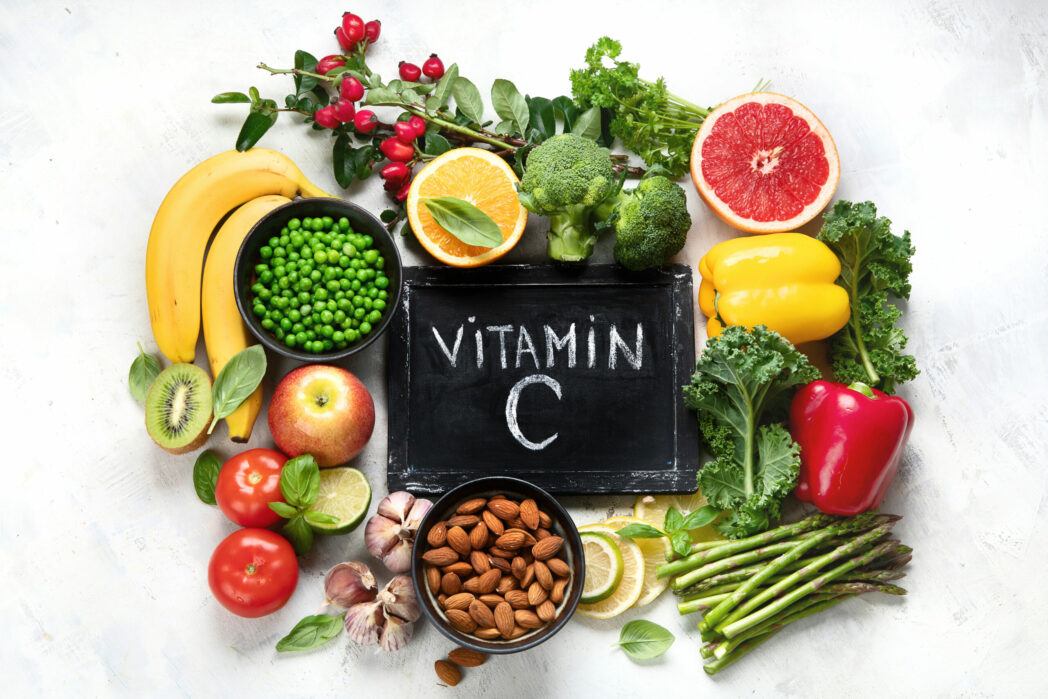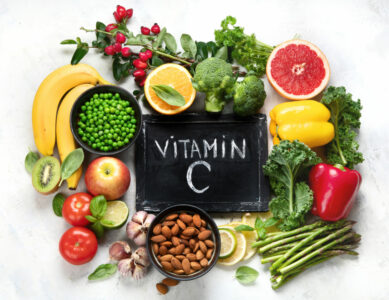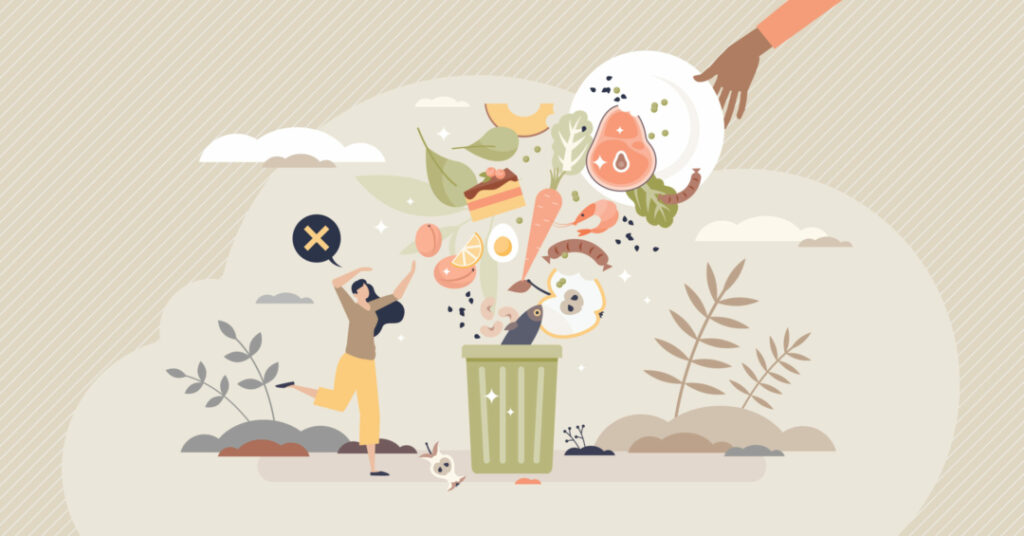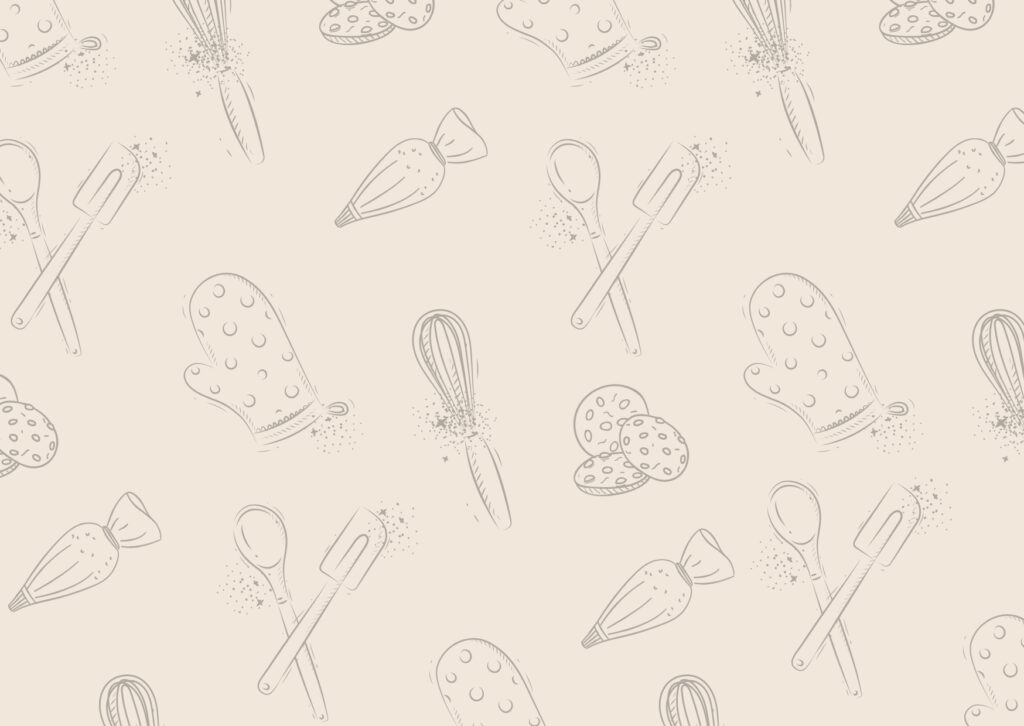Autumn is the season for colds - so it is advantageous to strengthen your immune system as much as possible. Vitamin C plays a major role in this. It is one of the most important immune boosters because it protects our defence cells from oxidative stress and contributes to the formation of white blood cells that can fight off pathogens. But what is the best way to supply ourselves with vitamin C in winter, when the regional and seasonal supply of fresh fruit and vegetables is dwindling? Fortunately, there are some local foods that are in season now, some of which even have a higher vitamin content than citrus fruits. We have compiled the best seasonal sources of vitamin C for you here!
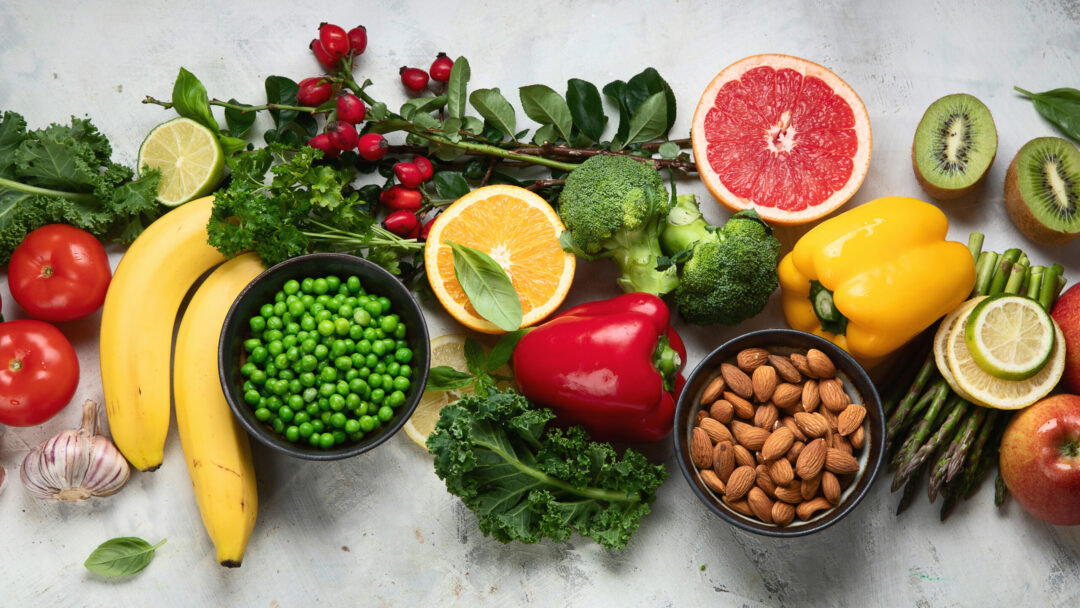
Rosehip
Rosehips are the seasonal front-runners when it comes to vitamin C content. Depending on the variety, they can contain up to 1500 milligrams of vitamin C per 100 grams. By comparison, a lemon contains just 60 milligrams per 100 grams. Before you eat them raw, however, you should remove the seeds.
Sea buckthorn
The yellow berries contain 400 to 900 milligrams of vitamin C and thus land in our 2nd place. Although it contains the most vitamin C in its raw state, the berries taste very sour, which is why people like to make juice, puree or jam from it.
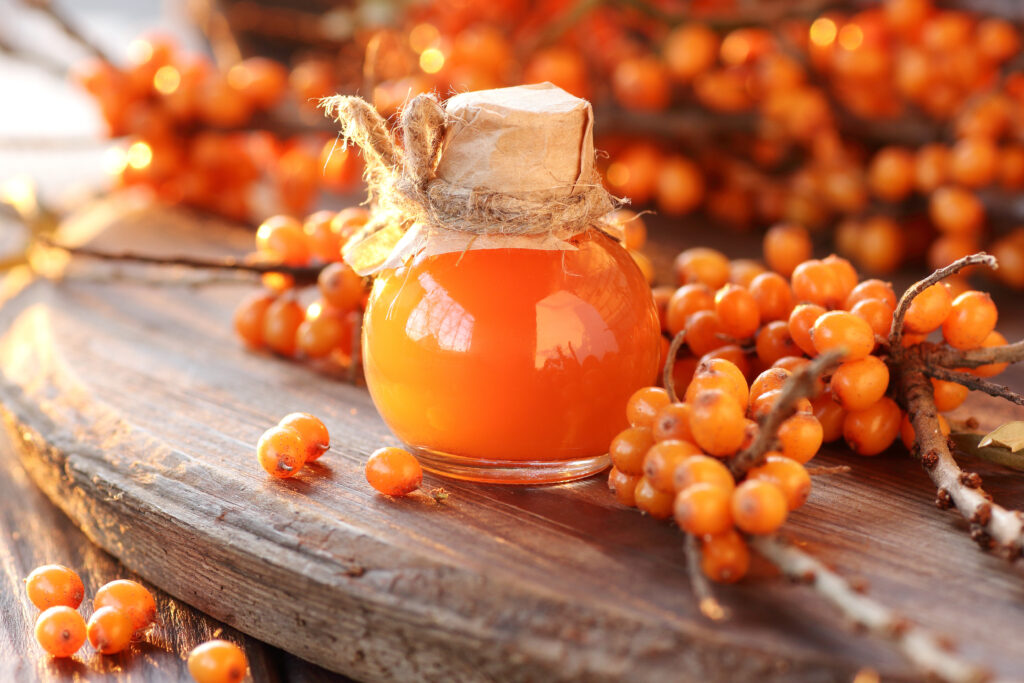
Parsley
Many people associate vitamin C with citrus fruits or summer berries, but herbs and vegetables also provide us with it, sometimes even better. It is the same with parsley: the green leaves have a content of 160 milligrams per 100 grams. However, it is rare that we eat so much parsley in one sitting. Maybe you should try making a pesto with parsley? That way, more of the green herb ends up on your plate.
Brussels sprouts
The mini cabbage scores with 110 milligrams of vitamin C. However, in its raw state. You should prepare it gently by steaming or cooking it only briefly so that as many vitamins as possible are retained.
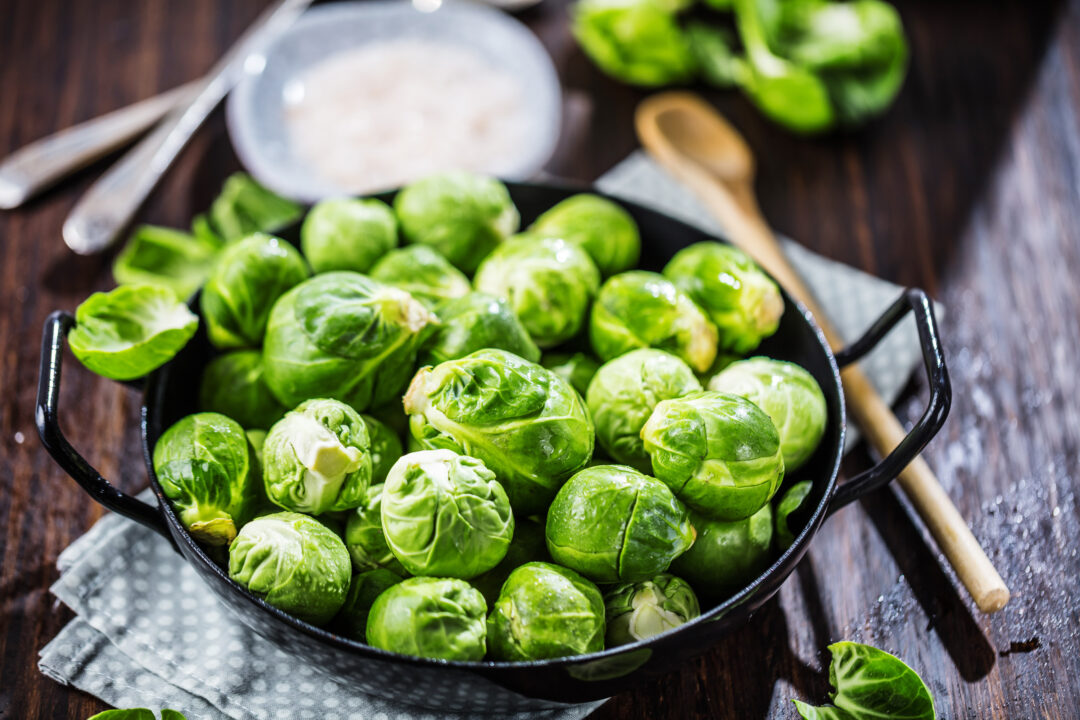
Why not try a Brussels sprouts curry. It also warms you from the inside 🙂 .
Kale
This underestimated vegetable grows in winter in our country, especially in the north, and has 105 milligrams of vitamin C. As with all vegetables that are not eaten raw, the following applies: Prepare gently.
Broccoli
Broccoli is only in season in Germany until October, but thanks to Mediterranean imports we can eat it all winter long. This is not 100% seasonal - but it is always better than the exotic fruits that first travel halfway around the world. The green cabbage has over 95 milligrams of vitamin C per 100 grams when raw. Here, too, make sure it is prepared gently! If you want to stay completely seasonal, home-grown broccoli sprouts are a great source of vitamins. You can find out how to easily grow sprouts yourself in this article.
When things have to move fast: Our Broccoli and almond soup is gently prepared so that it still contains many vitamins.
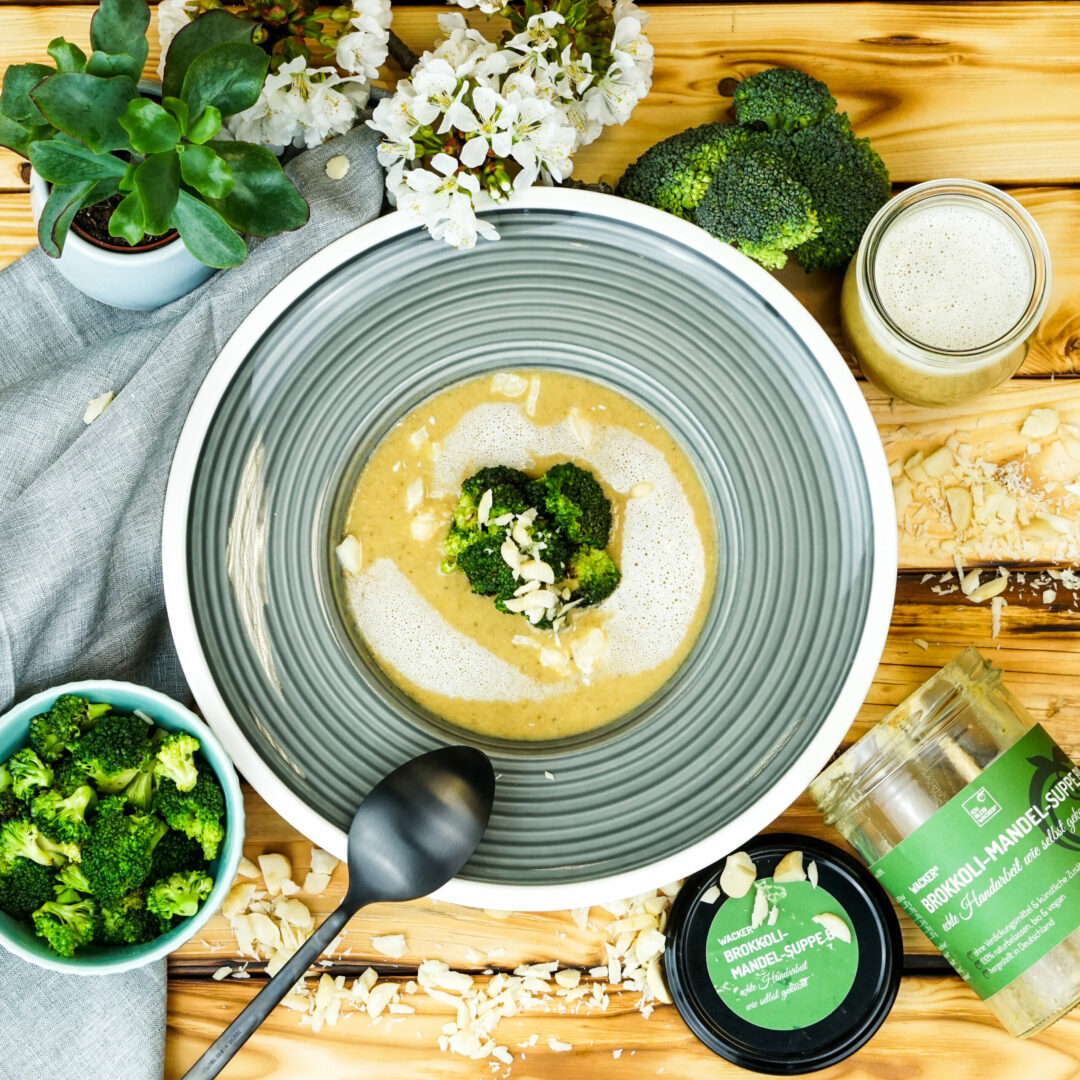
Order now!
Image Food with lots of vitamin C: Adobe Stock, bit24, #299873653
Image Sea buckthorn: Adobe Stock, teatian, #469558858
Image Brussels sprouts: Adobe Stock, karepa, #178805706
Sources: NDR, Pharmacies review, Eat Smarter
